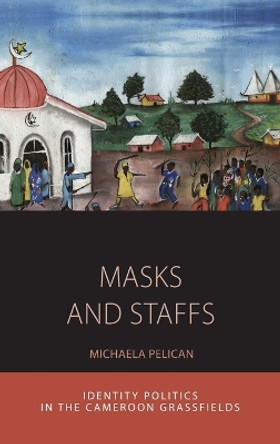Description
In 1952, a woman named Hadija was brought to trial in an Islamic courtroom in the Cameroon Grassfields on a charge of bigamy. Quickly, however, the court proceedings turned to the question of whether she had been the wife or the slave-concubine of her deceased husband. In tandem with other court cases of the day, Harmony O'Rourke illuminates a set of contestations in which marriage, slavery, morality, memory, inheritance, status, and identity were at stake for Muslim Hausa migrants, especially women. As she tells Hadija's story, O'Rourke disrupts dominant patriarchal and colonial narratives that have emphasized male activities and projects to assert cultural distinctiveness, and she brings forward a new set of women's issues involving concerns for personal prosperity, the continuation of generations, and Islamic religious expectations in communities separated by long distances.
About the Author
Harmony O'Rourke is Assistant Professor of History at Pitzer College.
Reviews
This timely contribution opens up a new conversation about Hausa diaspora and this is especially so with regard to the women's roles in identity and diaspora formation. In essence, the book is a good source for both academics and non-academics who have an interest in this area.
* Research Africa Reviews *Book Information
ISBN 9780253023834
Author Harmony O'Rourke
Format Paperback
Page Count 266
Imprint Indiana University Press
Publisher Indiana University Press
Weight(grams) 367g








